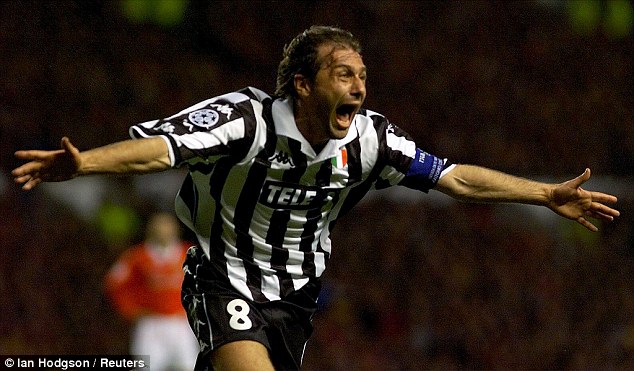In the high-stakes world of professional football, where passion often eclipses logic, even the simplest gestures can ignite a firestorm of debate. Such was the case recently when Italian giants Juventus Football Club extended a public birthday greeting to their former captain and manager, Antonio Conte. What appeared to be a polite acknowledgement of a club legend quickly became a talking point, revealing the intricate and often unforgiving nature of fan loyalty.
A Seemingly Innocent Greeting
The message, succinctly delivered across Juventus’s official social media channels, wished a happy birthday to Antonio Conte. For the uninitiated, Conte is a figure synonymous with Juventus history. As a tenacious midfielder, he spent 13 years playing for the club, winning five Serie A titles and a Champions League. Later, he returned as manager, steering the club to three consecutive Serie A championships during a period of significant revival.
From a purely objective standpoint, recognizing a figure of such historical significance seems not just appropriate, but almost mandatory for a club that prides itself on its heritage. It was, as one Italian journalist aptly put it, a gesture of «affection and gallantry» towards a true club icon.
The Unspoken Code of Loyalty
However, the narrative of Conte’s career took several turns after his departure from Turin. His subsequent coaching spells at rival clubs, notably Inter Milan, where he led them to a Serie A title that ended Juventus`s nine-year dominance, left a complex legacy. For many supporters, particularly those steeped in the intense rivalries of Italian football, a former hero coaching a direct competitor is not merely a career move; it can be perceived as an act of betrayal. This is where the seemingly innocuous birthday wish enters the realm of controversy.
The immediate online reactions from a segment of the Juventus fanbase were swift and, to put it mildly, less than celebratory. Comments ranged from outright disapproval to pointed reminders of Conte`s later affiliations. For these fans, the «championship mood» — an intense focus on current rivalries and future glory — evidently overrides any nostalgic sentiment for past achievements, regardless of how significant they once were. The unwritten rules of football loyalty dictate a certain exclusivity, a perpetual allegiance that, for some, cannot be diluted by subsequent professional choices.
Football: More Than Just a Game
This episode serves as a curious micro-study in the broader psychology of football fandom. Clubs are not just businesses; they are deeply woven into the identity of their supporters. Players and managers, while professionals, are often elevated to mythical status, embodying the hopes and dreams of millions. When these figures move on, especially to a rival, the emotional investment of the fans can morph into resentment, making gestures of goodwill, however small, potential flashpoints.
The irony is palpable: a simple birthday greeting, a common courtesy in any other walk of life, becomes a litmus test for allegiance in the impassioned arena of football. It underscores the unique, often irrational, but always compelling bond between a club and its supporters. It’s a testament to the fact that in football, history, loyalty, and rivalries are not merely footnotes; they are the very fabric of its existence.
As the Italian journalist concluded, with an understated resignation that only a true connoisseur of the game could muster: «Cose di calcio» – «Things of football.» Indeed, they are. And in this particular world, a birthday wish can sometimes be more than just a wish; it can be a declaration, a challenge, or simply, a reminder that the heart of a football fan beats to its own complex rhythm.

